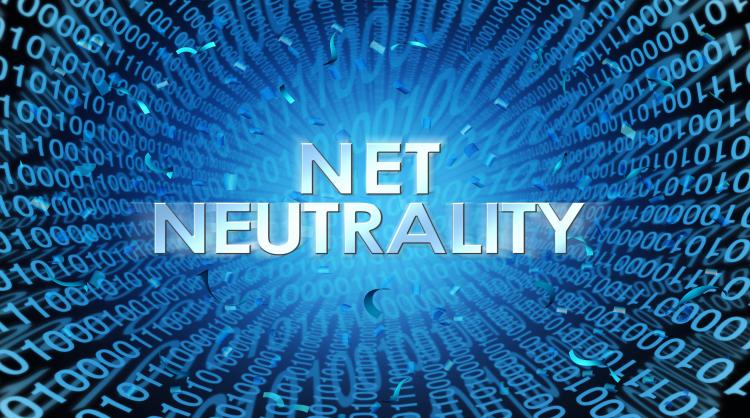Net Neutrality: Congress Simply will not Compromise
March 16, 2018 | by Andrew Regitsky

It has been a frustrating few weeks for those of us who want to put the issue of Internet regulation behind us. On February 22, 2018 the Restoring Internet Freedom Order was finally published in the Federal Register. While that would normally provide an effective date for the Order, it did not, because the FCC is still waiting for final approval from the Office of Management and Budget (OMB) which could take several more months.
The Federal Register publication did allow parties to file appeals of the Order and many were filed by states, consumer groups, and tech companies. Appeals were filed in several courts, with the Ninth Circuit Court in San Francisco set to hear the case after winning a random draw. All the appeals have been consolidated into one, and a schedule to hear the case is pending.
If you are familiar with the Ninth Circuit Court, they are in San Francisco and have jurisdiction over the Silicon Valley, where the tech community is extremely predisposed to keeping net neutrality intact. Moreover, while courts are supposed to be neutral, this Court has demonstrated in the past that they are staunchly progressive. The Ninth Circuit originally drew the wrath of conservatives several years ago when it ruled that the word "God" in the National Anthem was unconstitutional. That decision was later overturned by the Supreme Court.
Most recently, the Ninth Circuit rejected President Trump's modified travel ban, and as a result he has sought to bypass it and take cases directly to the High Court when possible. The Ninth Circuit includes 28 judges appointed by Democratic presidents and only 16 appointed by Republican ones. It would not surprise anyone if this Court decided to put it to Trump and his compadre, FCC Chairman Ajit Pai, by vacating and remanding the Order back to the FCC.
Parties supportive of the Order are aware of this, of course, and may try to have the Order transferred to the D.C. Circuit which litigated all previous net neutrality cases and is marginally less anti-Trump (but not much). The Ninth Circuit could decide it does not have the expertise to hear the case and transfer it to D.C on its own volition. However, if it wants to send a message to Trump (as is expected), it is likely to hear the case even if it lacks the judicial history with the subject.
Frankly, no matter what happens in the intermediate courts, the losing side is likely to appeal the decision to the Supreme Court. If it stays in the courts, a final decision on net neutrality is likely years away, hurting both the industry and consumers with its prolonged uncertainty. That is why it is so important for Congress to reach a net neutrality compromise. Unfortunately, that seems no closer now than it did several months ago. This past week, Republican Senator John Kennedy of Louisiana introduced a "compromise" bill like the one proposed in October by Representative Marsha Blackburn. The "Internet Preservation Act" includes three key provisions:
A person engaged in the provision of broadband internet access service:
May not block lawful content, applications, services, or non-harmful devices, subject to reasonable network management; and
May not impair or degrade lawful internet traffic on the basis of internet content, application, or service, or use of a non-harmful device, subject to reasonable network management.
No State or political subdivision of a State shall adopt, maintain, enforce, or impose or continue in effect any law, rule, regulation, duty, requirement, standard, or other provision having the force and effect of law relating to or with respect to internet openness obligations for provision of broadband internet access service.
From the prospective of Democrats, this proposal is a non-starter. For one thing, it would continue to classify broadband Internet as an information service. Most egregiously, however, it would allow paid prioritization of traffic, the one issue Democrats will never compromise on.
So that leaves us with a paralyzed and useless Congress. On the one hand Democrats continue on with their futile quest to use the Congressional Review Act to overturn the Order, while Republicans propose hopeless "compromises." Thus, the Restoring Internet Freedom Order will almost certainly move inexorably through the courts, at least through the mid-term elections later this year. If one political party is a big loser, it may deem a real compromise is better than waiting to see what happens in the presidential election in 2020. Regardless, when it comes to Internet regulation certainty, for the next few months, we are all the big losers.

